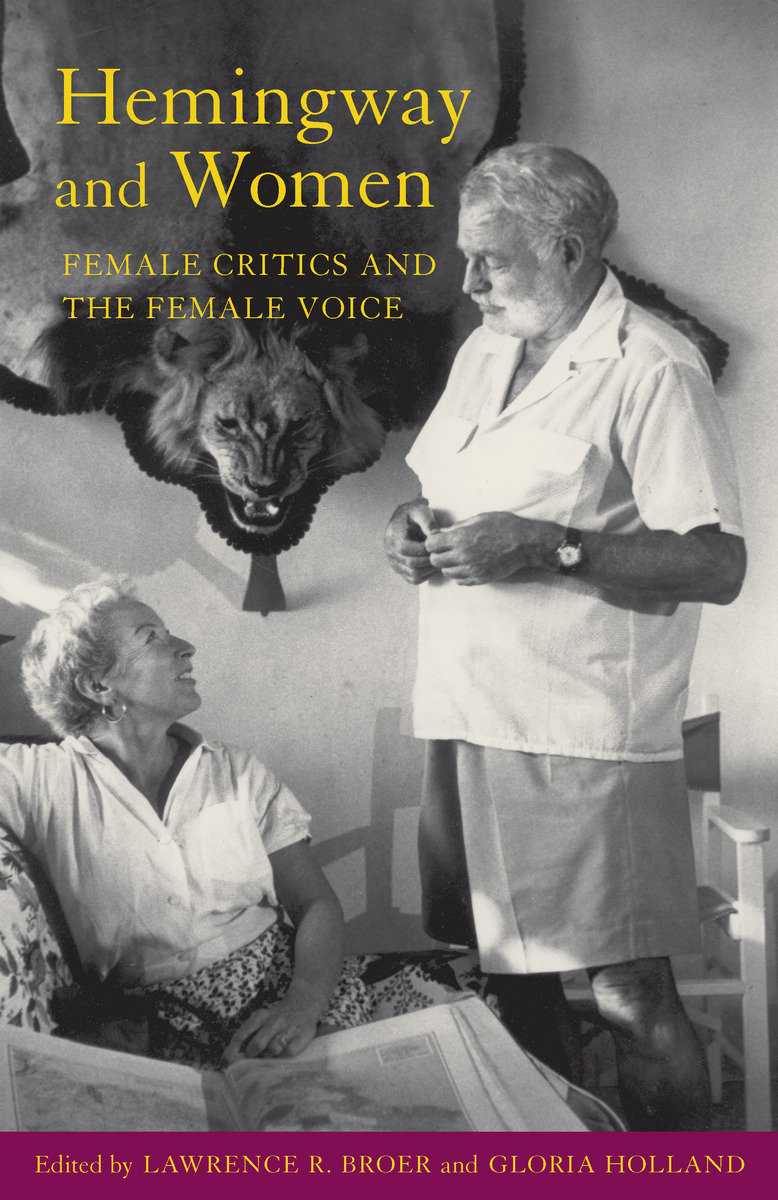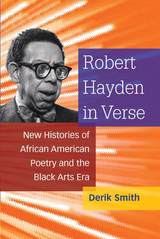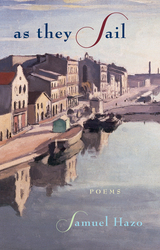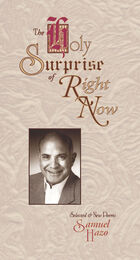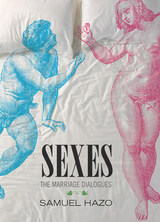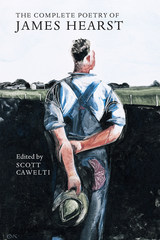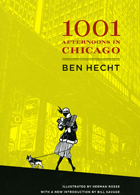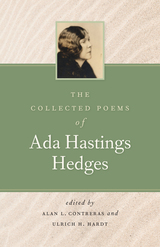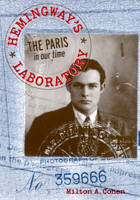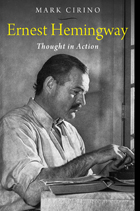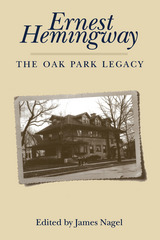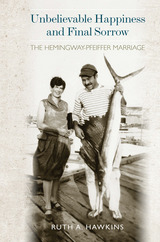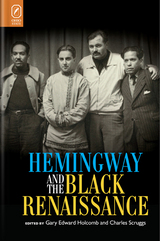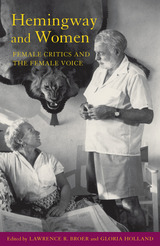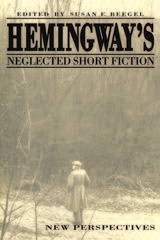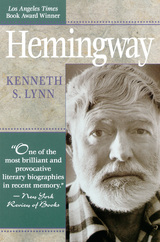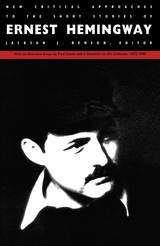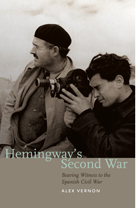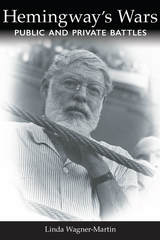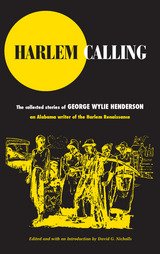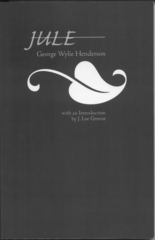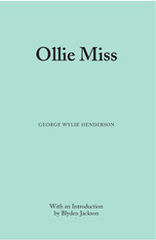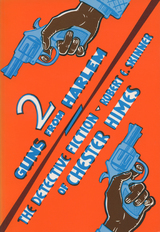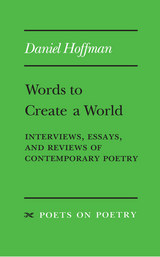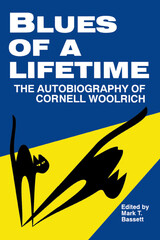Hemingway and Women: Female Critics and the Female Voice
University of Alabama Press, 2003
Cloth: 978-0-8173-1136-0 | Paper: 978-0-8173-5150-2 | eISBN: 978-0-8173-8171-4
Library of Congress Classification PS3515.E37Z6178 2002
Dewey Decimal Classification 813.52
Cloth: 978-0-8173-1136-0 | Paper: 978-0-8173-5150-2 | eISBN: 978-0-8173-8171-4
Library of Congress Classification PS3515.E37Z6178 2002
Dewey Decimal Classification 813.52
ABOUT THIS BOOK | AUTHOR BIOGRAPHY | REVIEWS | TOC
ABOUT THIS BOOK
Female scholars reevaluate gender and the female presence in the life and work of one of America’s foremost writers
Ernest Hemingway has often been criticized as a misogynist because of his portrayal of women. But some of the most exciting Hemingway scholarship of recent years has come from women scholars who challenge traditional views of Hemingway and women. The essays in this collection range from discussions of Hemingway’s famous heroines Brett Ashley and Catherine Barkley to examinations of the central role of gender in his short stories and in the novel The Garden of Eden. Other essays address the real women in Hemingway’s life—those who cared for him, competed with him, and, ultimately, helped to shape his art. While Hemingway was certainly influenced by traditional perceptions of women, these essays show that he was also aware of the struggle of the emerging new woman of his time. Making this gender struggle a primary concern of his fiction, these critics argue, Hemingway created women with strength, depth, and a complexity that readers are only beginning to appreciate.
Ernest Hemingway has often been criticized as a misogynist because of his portrayal of women. But some of the most exciting Hemingway scholarship of recent years has come from women scholars who challenge traditional views of Hemingway and women. The essays in this collection range from discussions of Hemingway’s famous heroines Brett Ashley and Catherine Barkley to examinations of the central role of gender in his short stories and in the novel The Garden of Eden. Other essays address the real women in Hemingway’s life—those who cared for him, competed with him, and, ultimately, helped to shape his art. While Hemingway was certainly influenced by traditional perceptions of women, these essays show that he was also aware of the struggle of the emerging new woman of his time. Making this gender struggle a primary concern of his fiction, these critics argue, Hemingway created women with strength, depth, and a complexity that readers are only beginning to appreciate.
See other books on: Characters | Feminism and literature | Sex role in literature | Voice | Women in literature
See other titles from University of Alabama Press
